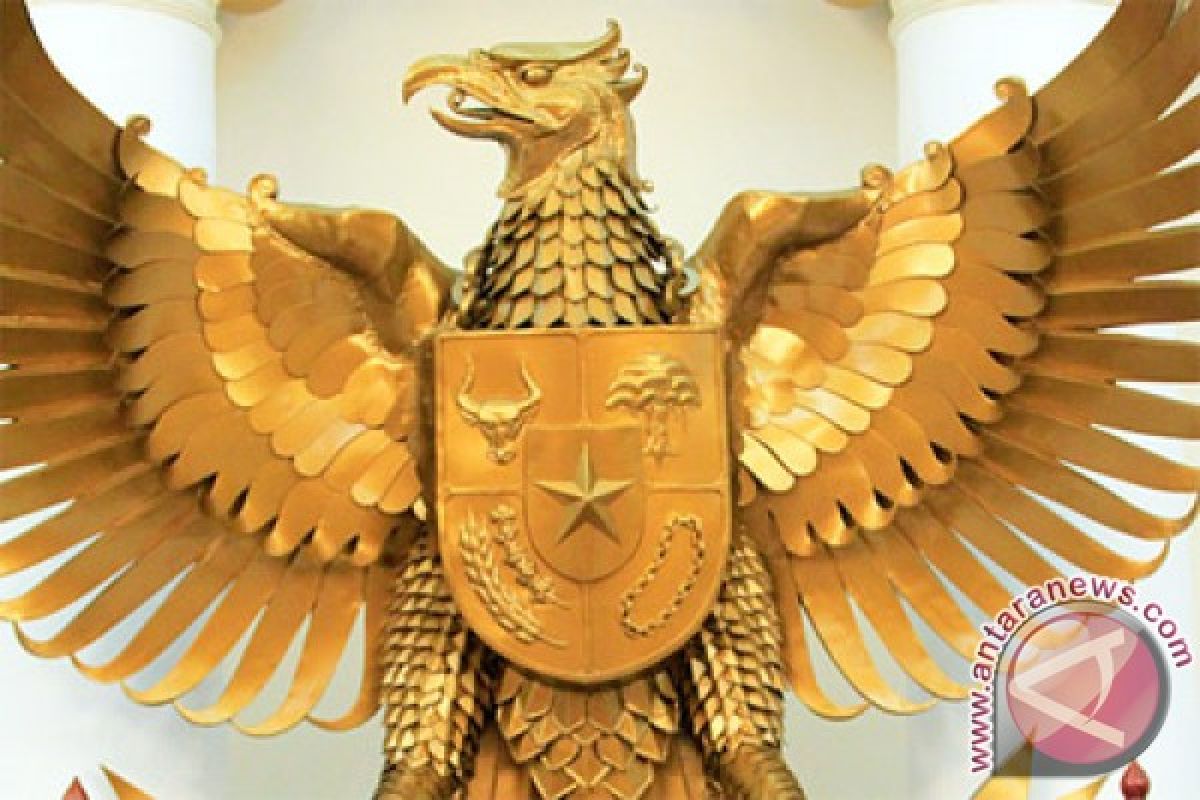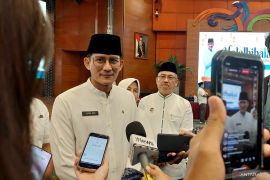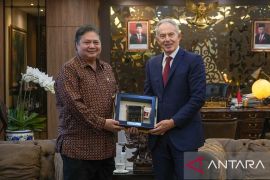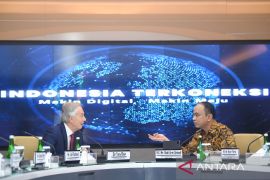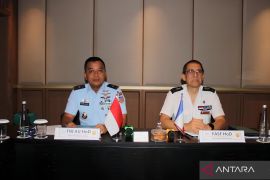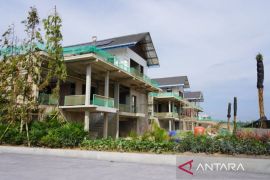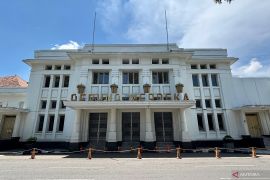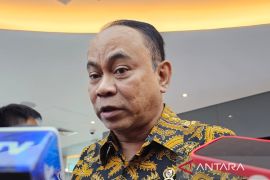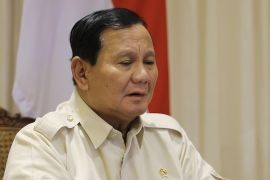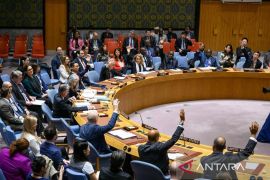And the practice of the noble values of Pancasila must not fade, and must be a serious concern for all elements of the society.
For this reason, the revitalization of Pancasila values is needed as an effort to awaken the spirit of nationalism to build the country.
Through revitalization efforts, the Indonesian people have mental and spiritual readiness to respect and accept the differences that exist in this country.
The lack of understanding and practice of noble values of Pancasila can lead to various political, legal, and social problems, and conflicts based on ethnic, religious and racial (Sara) issues.
Hence, President Joko Widodo has reminded all the elements of the nation to not be careless about safeguarding the state philosophy of Pancasila, but to apply its values in daily life.
While opening the 2018 National Defense Jamboree of Big Family of the TNI-Polri Sons and Daughters Communication Forum (FKPPI) at Ragunan Campsite on Friday, President Jokowi said, "We should not be complacent. We must always safeguard the Pancasila, safeguard the Unitary State of the Republic of Indonesia (NKRI), and ensure to continue to apply the values of Pancasila in our daily life."
The president then asked all the elements of the nation to not provide space for entry of external or imported ideologies.
"Do not let external ideology find a place in Indonesia and then shift the Pancasila, which would ultimately rip the Republic of Indonesia away, and tear the Red and White," Jokowi said.
At the beginning of his remarks, the President asked the more than 1,300 participants of the National Defense Jamboree if they remained loyal to NKRI and were ready to defend Pancasila.
Jokowi asked that the answers to his questions not only remain on their lips, but to come out of their hearts and minds because he was sure the FKPPI cadres inherited the fighting spirit, the spirit of defending the country, and the spirit of love for the nation.
According to him, Indonesia must be grateful because for 73 years the country has continued to unite and move forward because it has Pancasila.
President Jokowi noted that in a state of Pancasila, diversity is a source of unity, and not of division.
"Our country is different in terms of tribes, customs, religions, traditions, regional languages; in the state of Pancasila, the interests of the state must be placed above group and personal interests," he said.
Further, the president stated that the task of defending the country was not easy, it was not enough to just gather the masses, but it must be done with real work.
On several occasions, President Jokowi frequently stated that the values of Pancasila should be revived in social life in order to suppress the spread of radicalism and terrorism.
Radicalism and other similar ideologies run contrary to Pancasila; the ideology and values of radicalism and the like must be eradicated completely.
One of the phenomena in the globalization era is the occurrence of cross-border values between nations and even between communities or groups of smaller communities.
Among the cross-border values or ideology is radicalism. People harboring this kind of ideology always consider themselves to be right, and ignore the basic rights of others.
No wonder, radicalism and other similar ideologies are contrary to Pancasila, whose ideology should continue to be upheld and strengthened in order to enable people from diverse religious backgrounds, ethnicity, races, customs, and cultures to co-exist in perfect harmony, peace, and tolerance.
On the other hand, the president also called on all parties to build a superior civilized nation, which is able to demonstrate its character and identity without losing the opportunity and ability to communicate with other nations.
Looking back 73 years on June 1, 1945, during the assembly of the Investigating Committee for the Preparation of Indonesian Independence, one of Indonesia`s founding fathers, Sukarno, or better known as Bung Karno, had presented the idea of Pancasila to serve as the basis of the newborn republic.
Hence, without Pancasila, the Unitary State of the Republic of Indonesia would have never come into existence.
Even with Pancasila, Bung Karno, at the time, was able to initiate the unity of Asia-African countries, which held the first Asian-African Conference in the West Java provincial capital of Bandung in 1955.
For the people of Indonesia, Pancasila is a way of life, comprising basic principles that should be followed in order to realize a just and prosperous society.
Therefore, it comes as no surprise that President Joko Widodo (Jokowi) during an event to commemorate the birth of Pancasila in Bandung in 2016 designated June 1 as an official national holiday.
Pancasila has become the official philosophical foundation of the Indonesian state promulgated by the country`s first President Sukarno.
The word "Pancasila" is translated from Old Javanese as "five principles." Sukarno formulated these principles to unite the diverse archipelago populated by hundreds of ethnic groups.
The five original principles presented by Sukarno to the Investigating Committee for Preparatory Work for Indonesian Independence were: believe in one God Almighty, humanity that is just and civilized, the unity of Indonesia, democracy guided by the wisdom of representative deliberation, and social justice for all Indonesians.
By embracing the Pancasila state ideology, President Jokowi stated that the diversity and differences existing in Indonesia did not pose an obstacle to the country in building democracy.
By following the state ideology of Pancasila, the president expressed optimism that the state would be able to face the future through realizing developmental progress and winning the global competition.
Editing by Andi Abdussalam
Reporter: Otniel Tamindael
Editor: Heru Purwanto
Copyright © ANTARA 2018
